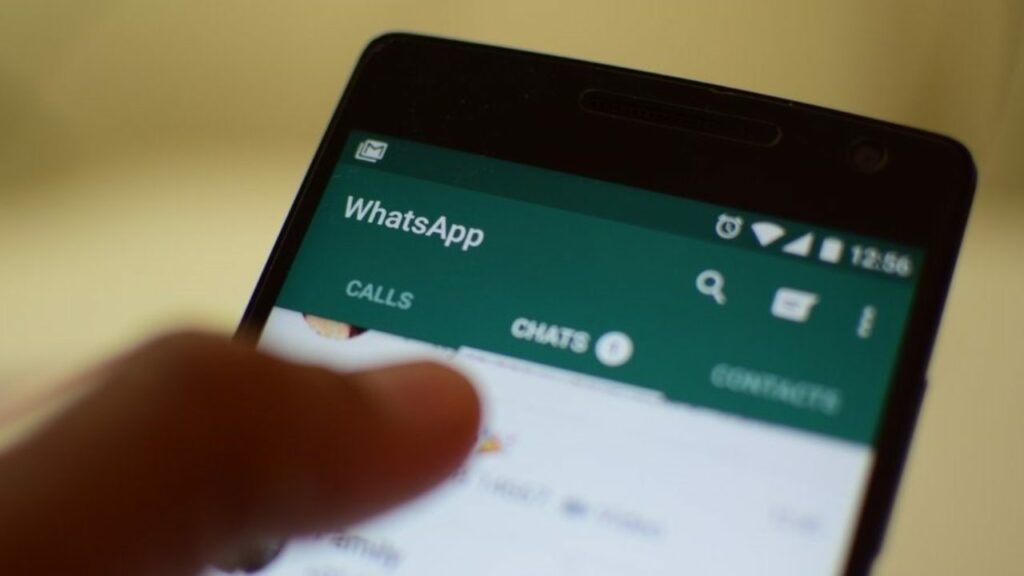Internet Calling Apps Like Whatsapp May Need License To Operate; Govt Will Read All Encrypted Messages?
The Centre has proposed to bring under a legal framework the interception of over-the-top communication services (OTT), such as WhatsApp and Signal which are encrypted.

Contents [hide]
What are telecom services?
Most notably the draft telecommunication Bill has included ‘broadcasting services’ and ‘over-the-top (OTT) communication services’ as part of ‘telecommunication services’
As per the definitions in the draft bill, telecommunication services means, service of any description including:
- Broadcasting services
- Voice mail
- Voice, video and data communication services
- Audiotex services
- Videotex services
- Fixed and mobile services
- Internet and broadband services
- Satellite-based communication services
The bill is ostensibly aimed at enabling a framework for the protection of users and to fight cyber frauds.
Public opinion invited
“Seeking your views on the draft Indian Telecom Bill 2022,” Telecom Minister Ashwini Vaishnaw said in a post on a social media platform in which he also shared the link of the draft bill.
The last date for public comment on the draft is October 20.
Licensing
The bill has also talked about bringing OTTs and intermediaries under licensing and regulation.
However the Broadband India Forum (BIF) has spoken out against this, saying that the issue of bringing them under licensing and regulation are domains on which it needs to deliberate and take a decision, not DoT.
Implementation
Communications Minister Ashwini Vaishnaw has said that the new telecom bill could be implemented as soon as the next six to ten months.
“Basis consultation process, we will create (a) final draft. That draft will then go through committee processes of Parliament. Then it has to go (to) Parliament. I see a timeline of 6-10 months but we are not in a hurry,” said Vaishnaw.
Privacy risk?
He commented that the draft telecom bill would not force the decryption of messages on over-the-top messaging apps such as WhatsApp, Telegram and Signal.
“However, there is a very clear process on interception with checks and balances based on Supreme Court’s guidelines. That system will continue to be followed,” noted the Communications Minister.
Mandatory KYC
Vaishnaw said that the proposed law will promote innovation with a ‘light-touch’ of regulation
User protection would be paramount.
To that end it is being proposed that KYC be done for all such OTT to curb instances of fraud.
Caller ID
It will also address the “citizen’s right to know who is calling them, irrespective of the platforms, so that there is a choice whether to pick up the call or not”.
The proposed law would include all calls, including normal voice calls, WhatsApp calls, Facetime and other OTT calls.
Criticism- Govt control
While the government claims that the provisions are ways of safeguarding citizens, critics have accused it of stifling dissent and free speech.
The government has specifically claimed in Parliament that the new IT Act does not restrict freedom of speech and expression of citizens.
However, authorities have used the same rule to ban Twitter accounts and YouTube channels.
Criticism- Weakening TRAI’s regulatory powers
Former officials of TRAI and DoT have said that if the bill is passed, it could further weaken the sector regulator’s powers.
This is since the draft bill calls for deleting provisions around regulatory safeguards under Section 11 (1) of the Trai Act that enable proper checks and balances.
They said that TRAI’s regulatory powers are already far less than those in the US, Europe or even in Pakistan as it is.
The bill would only further curtail its powers and make it a “toothless telecom regulator” which will be against the interest of consumers or the industry and would also impact investor confidence in future.

Comments are closed, but trackbacks and pingbacks are open.